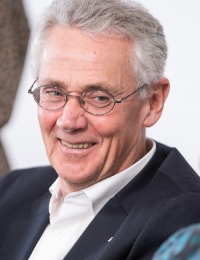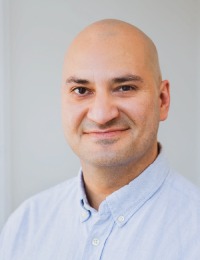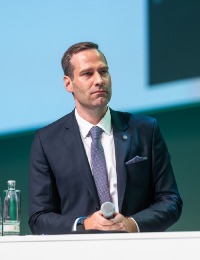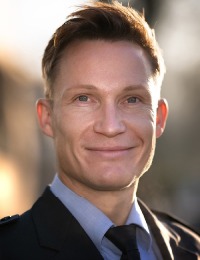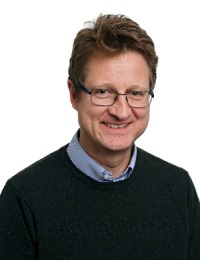Panels
Seven panel discussions will be held, where experts will exchange views on current prevention topics. You can find details of the content and the people involved below. The audience will be involved in the discussions. The events will take place in room „Eilenriedehalle B“.
Wednesday, October 5, 2022
- New Approaches to the Prevention of Hate, Harassment and Threat09:00 - 10:30Moderation:Thomas MüllerLandespräventionsrat Niedersachsen, Landesprogramm für Demokratie und Menschenrechte
Hate, harassment and threats have increased significantly in the recent past, especially in the digital world. Politicians are responding with new federal regulations, among other things. In various scientific disciplines research projects have been and are being launched on the background as well as prevention perspectives. Civil society, particularly affected professional groups and organizations are increasingly addressing these problematic situations.
With this panel, the German Prevention Congress would like to address the interdisciplinary discourse on the complex topics of hate, harassment and threat and formulate possibilities for suitable measures and strategies for prevention.Prof. Dr. Andreas Beelmann, Friedrich Schiller University JenaDr. Franz Rainer Enste, Commissioner against anti-Semitism of the state of Lower SaxonyRüdiger José Hamm, National Committee on Religiously Motivated Extremism (BAG RelEx)Jochen Kopelke, Police Trade UnionAndre Niewöhner, Coordination group of the prevention network #sicherimDienst - What schools can learn for prevention today from the reappraisal of child sexual abuse11:00 - 12:30Moderation:Prof. Dr. Julia GebrandeIndependent Inquiry into Child Sexual Abuse
The Independent Inquiry into Child Sexual Abuse will host this panel together with survivors of child sexual abuse in schools and other experts. Schools are a central starting point for child protection. Survivors of child sexual abuse have often told the Inquiry that teachers or other school members did not listen or protect them. The violence had a persisting impact on the lives of some victims and survivors. Others experienced school as a place for studying and appreciation. We can learn a lot from them. The Inquiry appreciates that more and more schools create prevention programs and try to be safe spaces for children and adolescents. But preventing child sexual abuse in an institution can only be successful if the institution is open to look into its past.
Therefore, the Inquiry demands a right to an investigation for survivors, granted by law. This right and the obligation for institutions to investigate child sexual abuse have been conceptualized in the report „Rights and Obligations: How to Investigate into Past Failures to Protect Children from Sexual Abuse in Institutional Settings“. During this panel we want to discuss what schools can learn from investigating child sexual abuse for the current protection of children and adolescents.
This panel is being organized in cooperation with the Independent Inquiry into Child Sexual Abuse in Germany.Prof. Dr. Barbara Kavemann, Independent Commission for Examining Child Sexual Abuse in GermanyIsabel Strey, Schattenriss e.V. Specialized Counseling Center against Sexualized Violence against Girls*Heike Völger, UBSKM - Now more than ever! Prevention in times of crises and disasters13:00 - 14:30Moderation:Prof. Dr. Eva GroßCollege in the Academy of Police Hamburg
Crises have the potential to trigger e.g. violence, lead to social tensions, and depending on the subject of the crisis, are associated with numerous other social conflicts. Prevention strives to prevent problematic conditions, preferably, not to let them rise at all. In relation to the crisis, this means coming closer to a positive solution as well as avoiding a catastrophe or generating competencies to deal with crises more appropriately. Crises & Prevention will be the main topic of the upcoming German Prevention Congress 2023.
The panel will provide an outline of this issue. It will ask the following questions:
Is every crisis unique or what lessons can be learned for the future from how the Corona crisis has been handled so far?
What does crisis resilience mean for society, individuals and communities?
How can/must the population be involved and how can we ensure effective crisis communication?Dr. Donya Gilan, Leibniz Institute for Resilience Research (LIR) gGmbHProf. Dr. Rita HaverkampDr. Markus Mayer, German Society for International Cooperation (GIZ) GmbH



